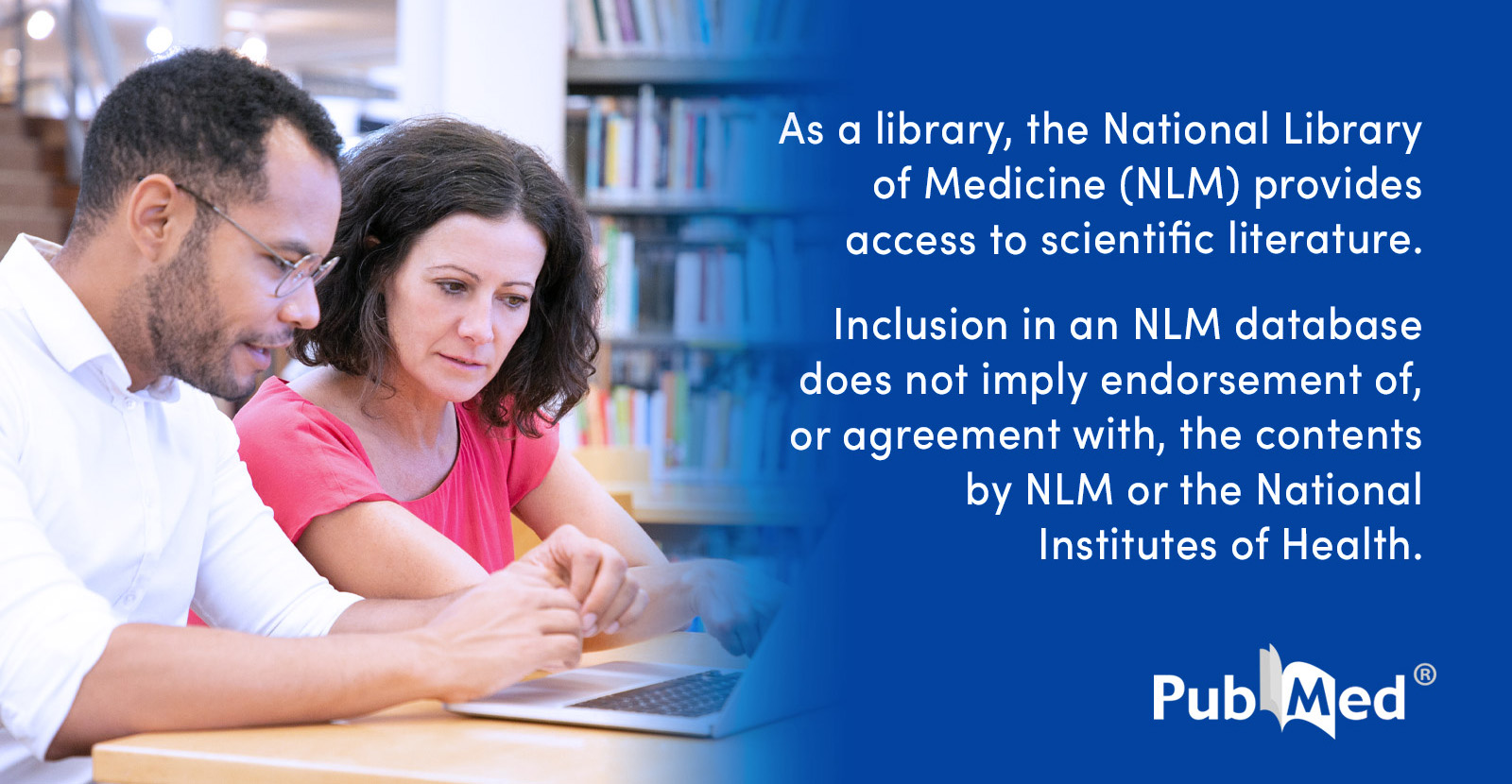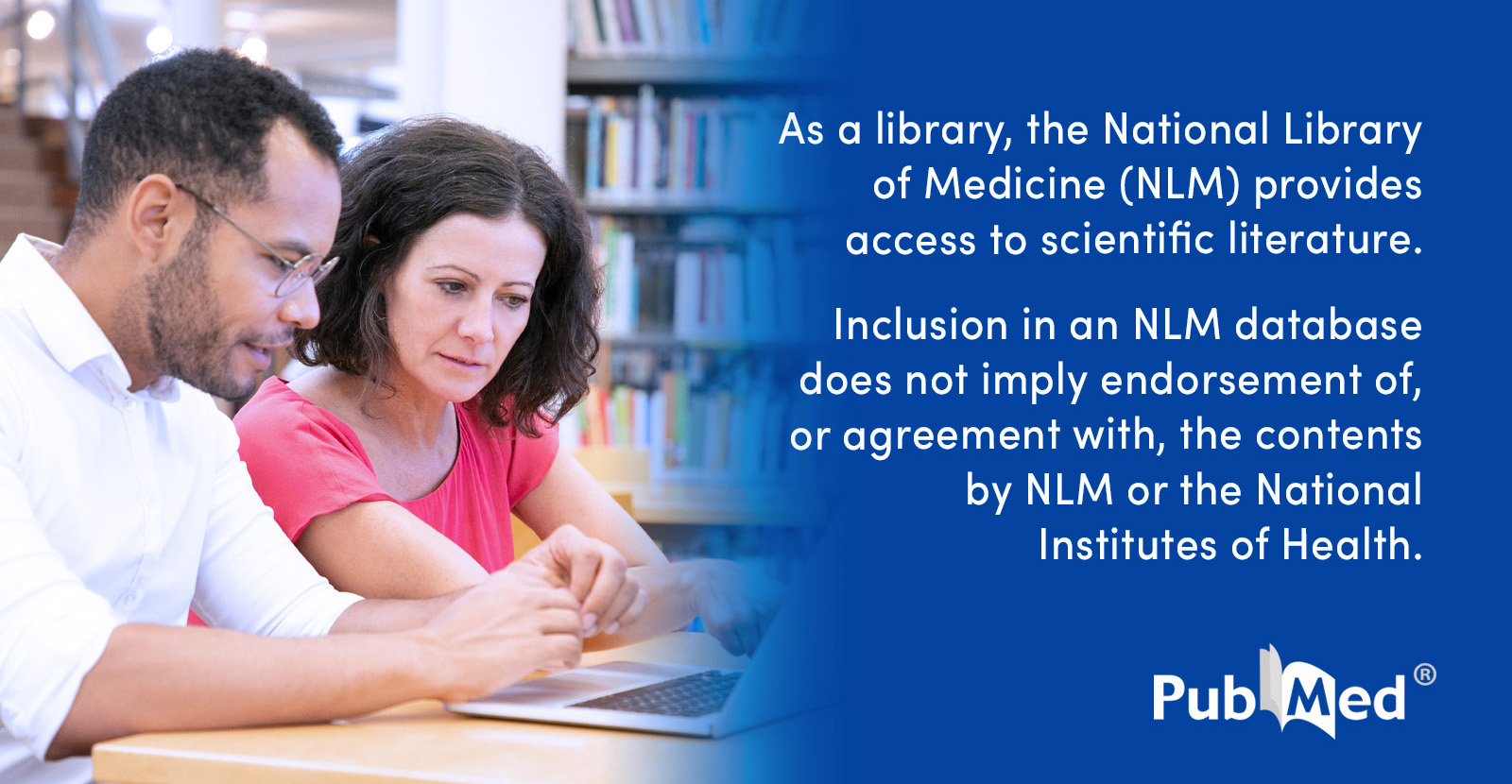You should always look at the washing machine without actually being in it!’ Thematic framework analysis of patients’ understanding of transdiagnostic cognitive behaviour therapy and its mechanisms.
Autor: Sighvatsson, Magnus Blondahl; Salkovskis, Paul M.; Sigurdsson, Engilbert; Valdimarsdottir, Heiddis B.; Thorsdottir, Fanney; Sigurdsson, Jon Fridrik
Publication year: 2020
Psychology and psychotherapy
issn:2044-8341 1476-0835
doi: 10.1111/papt.12220
Abstract:
OBJECTIVE: Transdiagnostic cognitive behaviour therapy (TCBT) is an efficacious treatment for anxiety and depression, but its mechanisms of change remain poorly understood. The current study used thematic framework analysis to analyse how patients, recruited in a recent trial on transdiagnostic group CBT (TGCBT), understood the treatment and its mechanisms. DESIGN: Cross-sectional thematic framework analysis. METHOD: The sample included 24 participants suffering from anxiety and/or depression, divided into two groups by treatment efficacy (i.e., group doing well and group doing not so well) in order to evaluate whether different understandings of the treatment affected its efficacy. The participants were interviewed and completed self-report measures. They were encouraged to discuss what they believed to be helpful and unhelpful in the TGCBT and what they believed to be the mechanisms of change in the treatment. Each interview was recorded, transcribed verbatim and themes were identified. RESULTS: The analysis revealed four overarching themes and 18 subthemes. The overarching themes were as follows: Cognitive and behavioural flexibility, Awareness/understanding of symptoms and triggers, Therapeutic alliance and engagement, and finally Attitudes towards treatment. Four of the 18 subthemes corresponded to a differentiation between the groups: Cognitive flexibility and Comparison with others in the group on the one hand and Cognitive inflexibility and Negative attitudes towards treatment on the other. CONCLUSION: The most important difference between the groups appeared to be CBT-specific, that is, cognitive flexibility that characterized the group doing well where thematic analysis did not indicate that other themes were important. PRACTITIONER POINTS: Findings The analysis revealed four overarching themes and 18 subthemes, four of which corresponded to the difference between the two groups of participants based on treatment efficacy. The four differentiating subthemes were cognitive flexibility and comparison with others, which characterized the group doing well, and cognitive inflexibility and negative attitude towards treatment, which characterized the group doing less well. The theme evaluated as the most important for the efficacy of the transdiagnostic cognitive behaviour therapy and patients’ understanding of the treatment was cognitive flexibility, which characterized the group doing well. Limitations Use of qualitative methodology restricts the generalizability of our results. Data are built on answers from only 24 participants.
Language: eng
Rights: © 2019 The British Psychological Society.
Pmid: 30734461
Tags: Humans; Female; Male; Adult; Middle Aged; Cross-Sectional Studies; Treatment Outcome; Self Report; anxiety; depression; Interviews as Topic; Cognitive Behavioral Therapy/*methods; Psychotherapy, Group/methods; mechanism of change; Anxiety Disorders/psychology/*therapy; Depressive Disorder, Major/psychology/*therapy; thematic framework analysis; transdiagnostic cognitive behaviour therapy
Link: https://pubmed.ncbi.nlm.nih.gov/30734461/








